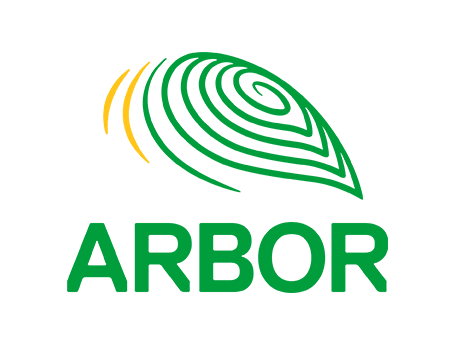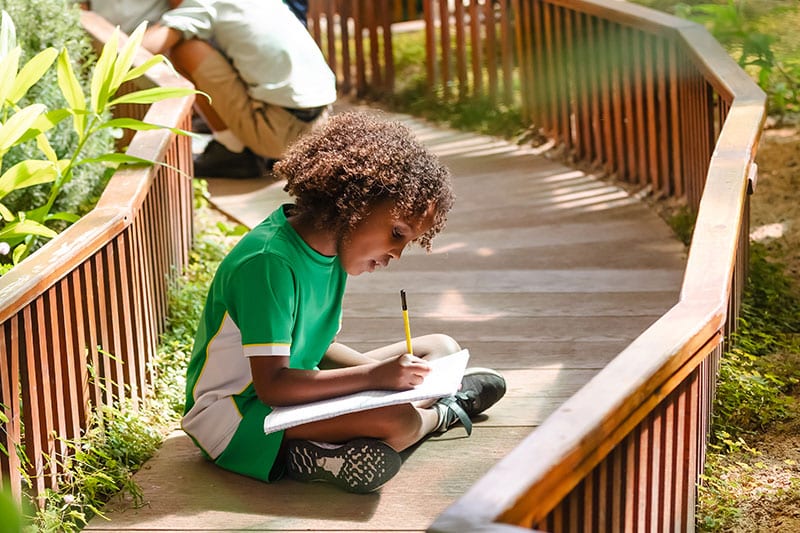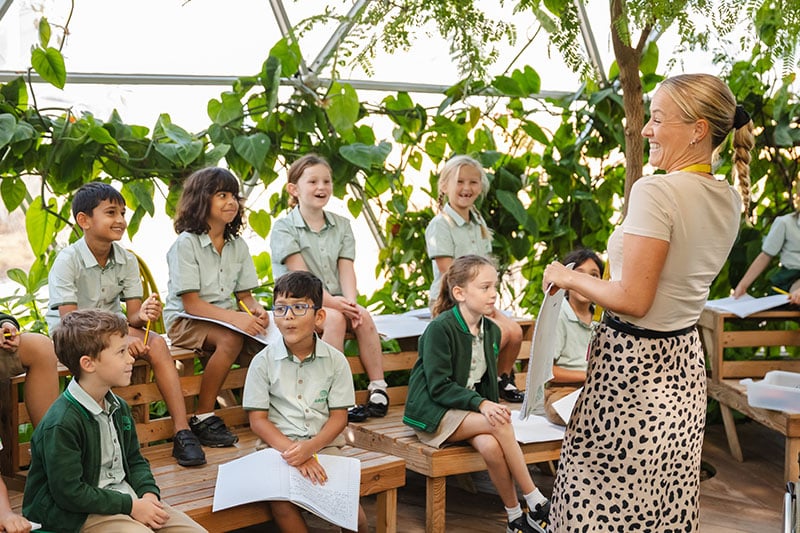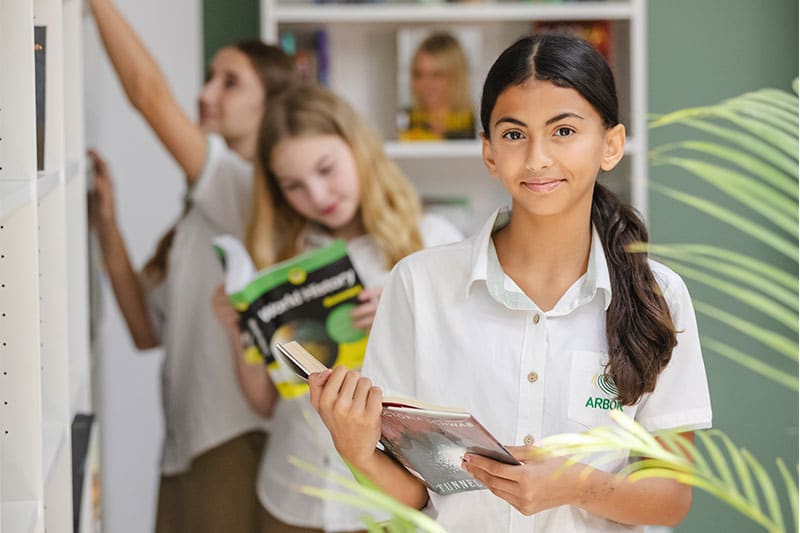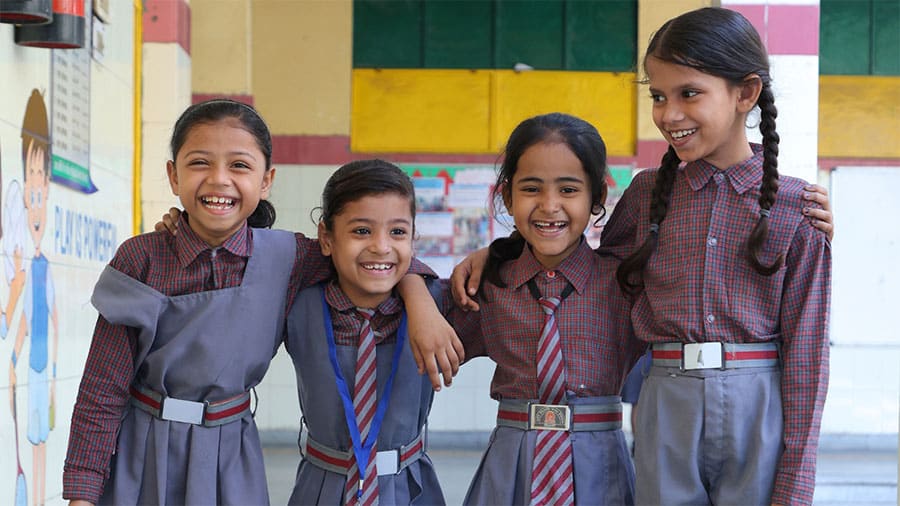Environmental action - 2025 Winner
Arbor School
United Arab Emirates
The UAE school tackling environmental challenges through Eco Literacy and biodomes on its living campus
Arbor School, an independent kindergarten, primary and secondary school in Al Furjan, Dubai, UAE, has integrated Eco Literacy into its curriculum to develop critical thinkers and problem-solvers through real-world projects that tackle waste reduction, energy efficiency, and other environmental challenges. Embedding sustainability, ethical stewardship, and environmental education into its learning model was a direct response to the critical role education plays in addressing ecological challenges.
The school's Eco Literacy curriculum incorporates inquiry-based projects that connect curriculum subjects to global sustainability challenges, outdoor and nature-based learning, giving students the opportunity to develop essential learning skills alongside subject knowledge. The campus features six biodomes, functioning as living laboratories where students engage in hands-on learning about plant cultivation, ecosystems, and sustainability practices. Through real-world initiatives and projects, students can collaborate with experts to solve environmental challenges, an example of which is the Dubai Oysters Project, where students worked closely with local restaurants and ecological groups to restore natural reef systems off the coast of Dubai. The biodomes and outdoor learning spaces have become central to the teaching approach, allowing students to connect theory with practice in meaningful ways.
Beyond the classroom, the school has implemented many sustainable practices, like waste reduction, energy conservation, and the use of biodiesel-powered buses, that contribute to reducing its environmental footprint and help students develop a strong sense of agency and purpose. Many students now lead their own eco-projects at home, influencing their families and communities to adopt more sustainable practices.
The school’s environmental initiatives have had a lasting impact on students, staff, and the wider community. Students have a profound understanding of ecological principles and actively engage in sustainability practices, and student-led roles, including an Eco Council, eco ambassadors, and even "eco influencers", have been created. Many students are pursuing green careers and certifications in their own time. Two student groups were invited to speak at COP28 to share their projects. The school regularly facilitates workshops to share best practices, influencing other schools in the region.
By empowering student-driven inquiry and building a curriculum around real-world causes, the school is developing learners with a genuine passion to make a difference in their communities.
